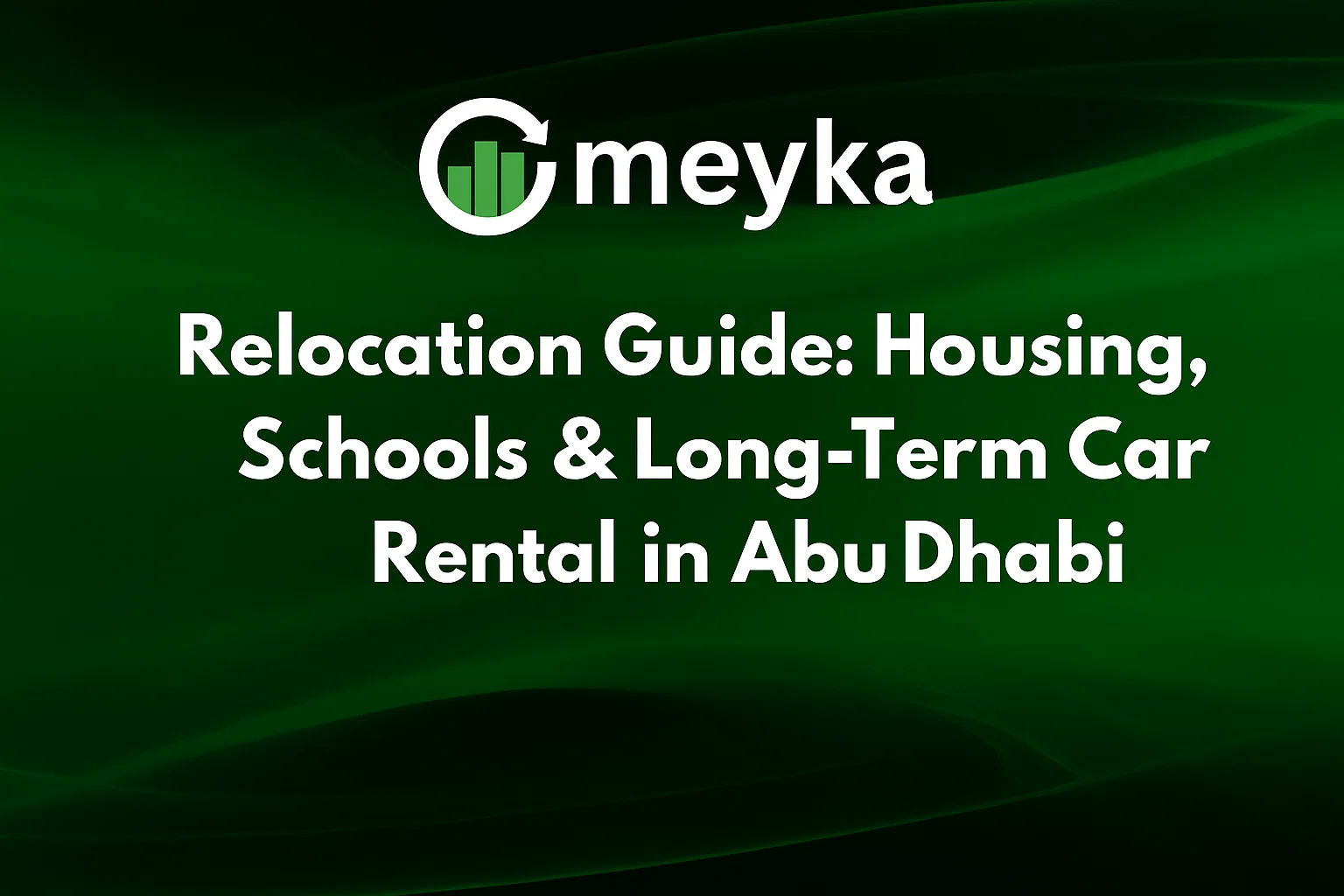Relocation Guide: Housing, Schools & Long-Term Car Rental in Abu Dhabi
Relocating to Abu Dhabi can be an exciting yet challenging adventure. This booming UAE capital offers a high standard of living and a vibrant multicultural community. The good news is that Abu Dhabi is very expat-friendly, but thorough preparation is essential. From securing housing to finding the right school for your children, there are many decisions to make. Transportation is another key consideration — for instance, many expats debate whether to buy a vehicle or opt for a long term car rental Abu Dhabi providers offer. This guide covers the essentials of housing, education, and getting around, helping you transition smoothly into your new life abroad. With the right information, you can make informed choices and settle in with confidence.
Continue Reading on Meyka
This article is available in full on our main platform. Get access to complete analysis, stock insights, and more.
Read Full Article →





